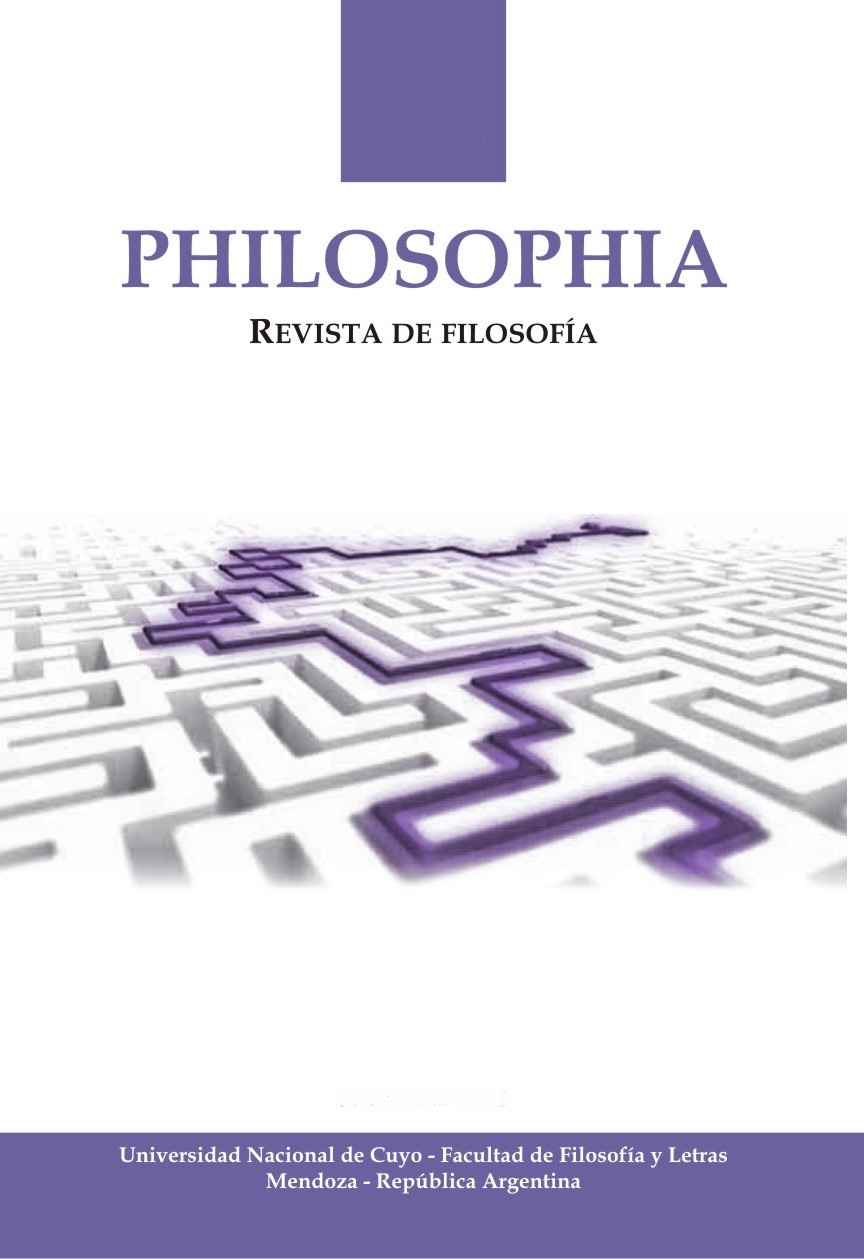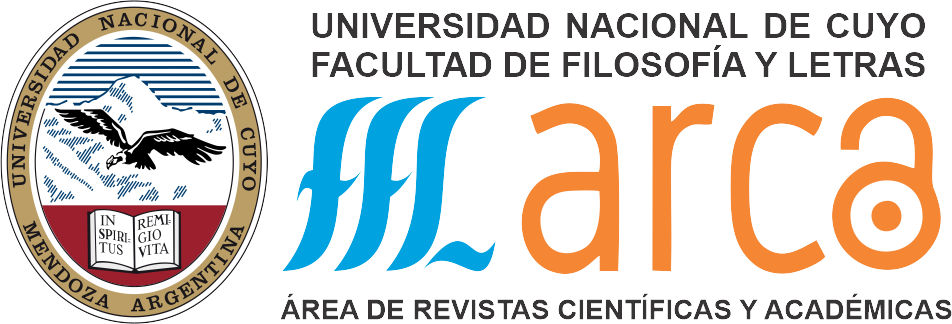The problem of rationality and the debate between epistemological internalism and externalism. An intervention in relation to the debate between Williams and Goldman
Keywords:
Goldman, Williams, internalism, externalism, rationalityAbstract
In this work, we will focus on the debate between epistemological internalism and externalism, starting from the debate between Michael Williams and Alvin Goldman, as it appears in their exchange of texts in the 2016 volume Goldman and his critics. We will provide a context for this discussion by means of pointing out that, whereas a series of authors (in particular, Laurence BonJour and, after his tracks, Jennifer Lackey and Fernando Broncano) extract from the internalism/externalism debate the "dualistic" consequence according to which knowledge cannot be analysed from only one perspective, but there exist at least two"”that of subjective rationality and that of conduciveness to truth"”, Goldman appears on the contrary as a "hard line" externalist for whom internalism is simply untenable and thus epistemic justification is to be understood exclusively in reliabilist terms. Against this background, we will analyse Williams’ proposal. On the one hand, this author attempts to prove that Goldman’s criticisms of internalism are limited to only a "mentalistic" or "subjectivistic" version of it. On the other hand, he seeks to vindicate a moderate internalist epistemology by relying on the tenet that human knowledge is indissociably linked to considerations of accountability. We will try to show that Goldman’s reply, which is focused on denouncing an alleged confusion by Williams between the problem of "justifiedness" and the problem of "justification", does not do justice to the real scope of the question of epistemic justification, once this question is analysed, not on the basis of alleged "intuitions" about the meaning of "knowledge" in ordinary language, but on the basis of practices in which such notions can operate.
References
Aikin, Scott. Infinitism and the regress problem. New York: Routledge, 2011.
Alston, William. "Level"confusions in epistemology". En Midwest Studies in Philosophy, vol. 5, editado por P. French, T. Uehling y H. Wettstein. Minneapolis: University of Minnesota Press, 1980, 135–50.
Armstrong, David. Belief, Truth and Knowledge. Cambridge, Massachussets: Cambridge Uni-versity Press, 1973
BonJour, Laurence. The Structure of Empirical Knowledge. Cambridge, Massachu-setts/Londres: Harvard University Press, 1985.
BonJour, Laurence, y Ernest Sosa. Epistemic Justification: Internalism vs. Externalism, Foun-dations vs. Virtues. Malden/MA: Blackwell, 2003.
Broncano, Fernando. Saber en condiciones. Epistemología para escépticos y materialistas. Madrid: Ediciones Mínimo Tránsito, 2003.
Craig, Edward. Knowledge and the state of nature. An essay in conceptual synthesis (Oxford: Oxford University Press, 1990
Gettier, Edmund. "Is Justified True Belief Knowledge?". Analysis 23 (1963): 121-123.
Goldman, Alvin. "A Causal Theory of Knowing". The Journal of Philosophy 64 (1967): 357-372.
Goldman, Alvin. "What is justified belief?". En Justification and Knowledge. New Studies in Epistemology, editado por George Pappas. Dordrecht/Boston/Londres: D. Reidel Publishing Company, 1979.
Goldman, Alvin. "Internalism Exposed". The Journal of Philosophy, 96 (1999): 271-293.
Goldman, Alvin. "Internalism, Externalism, and the Architecture of Justification". The Jour-nal of Philosophy, 106 (2009): 309-338
Goldman, Alvin. "Reply to Williams". En Goldman and his critics, editado por Brian McLaughlin y Hilary Kornblith. Hoboken: Wiley, 2016.
Lackey, Jennifer. Learning from Words. Testimony as a Source of Knowledge. Oxford: Ox-ford University Press, 2008.
Nozick, Robert. Philosophical Explanations. Cambridge, Massachussetts: Cambridge Univer-sity Press, 1981.
Williams, Michael. "Avoiding the regress". En Ad Infinitum: New Essays in Epistemological Infinitism, editado por John Turri y Peter Klein. Oxford: Oxford University Press, 2014.
Williams, Michael. "Internalism, Reliabilism, and Deontology". En Goldman and his critics, editado por Brian McLaughlin y Hilary Kornblith. Hoboken: Wiley, 2016.
Published
How to Cite
Issue
Section
License
Se permite la reproducción de los artículos siempre y cuando se cite la fuente. This work is protected under license Attribution-NonCommercial-ShareAlike 3.0 Unported (CC BY-NC-SA 3.0) You are free to: Share "” copy and redistribute the material in any medium or format; Adapt "” remix, transform, and build upon the material
The licensor cannot revoke these freedoms as long as you follow the license terms.
Under the following terms:
Attribution "” You must give appropriate credit, provide a link to the license, and indicate if changes were made. You may do so in any reasonable manner, but not in any way that suggests the licensor endorses you or your use.
NonCommercial "” You may not use the material for commercial purposes.
ShareAlike "” If you remix, transform, or build upon the material, you must distribute your contributions under the same license as the original.
No additional restrictions "” You may not apply legal terms or technological measures that legally restrict others from doing anything the license permits.
For more information, please visit: https://creativecommons.org/licenses/by-nc-sa/3.0/deed.en






